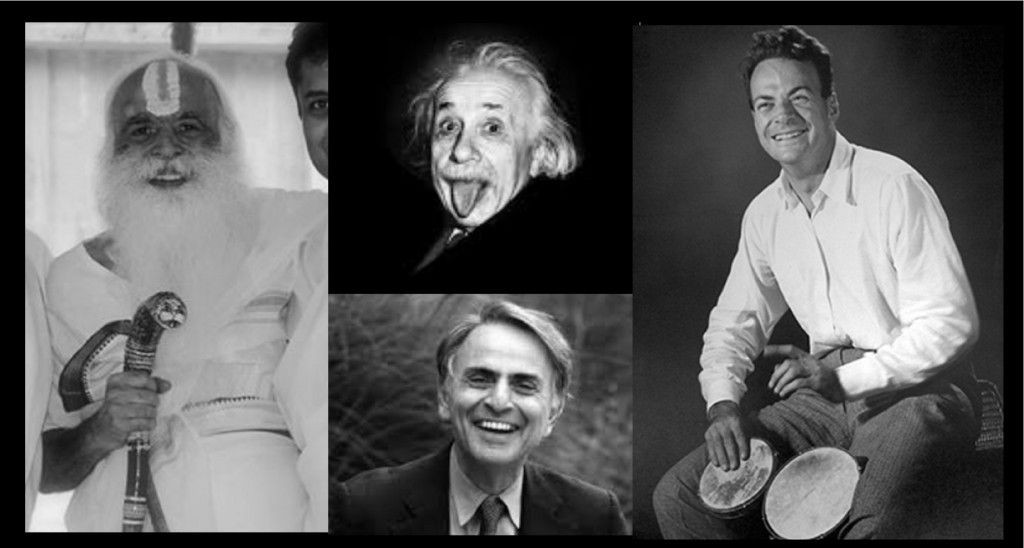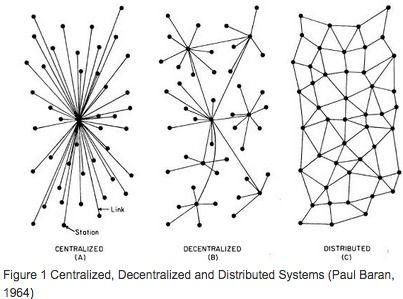A whole nation found it fitting that a university professor with a lifetime call for endocrinology (hormonal diseases) was turned into a university professor of gastroenterology (diseases of the digestive tract) for which she had never specialized: by state decree. Her conscientious “no” stripped her of her honor, her title, her pension and her inherited house. The book she wrote while hoping for the courts to help, on the biological foundations of ageing with a prestigious publisher, did not prevent the raiding of her house in the presence of watchful police. State TV defamed her as “Germany’s laziest professor.”
The same resilience shown here by a human being I can attribute for once to a mere brainchild – Einstein’s most famous natural constant c. She, too, got degraded, stripped of her global validity to retain only her local validity. A bit like the non-removed M.D. of a degraded professor. Here, too, the whole profession decided to play it low and not come to the rescue of the honor of the unjustly defamed one.
There is a difference, of course. The honor of a person ranks much higher than the dignity of a constant. The scandal nonetheless is even bigger here: The physical survival of every person and the planet itself is tied to the rehabilitation of the poor constant.
The hatred displayed by a nation towards a person, paralleled by the hatred displayed by a globe-wide profession towards a constant? The poor Einsteinian constant c-global has been shown to make black holes unsafe. Therefore, the prestigious attempt to produce black holes down on earth, (#1) has become undetectable at first if successful and (#2) makes the planet with a probability in the percentage-range get shrunk to 2 cm after a few years’ delay.
I do not defend this result here which is frequently published for 6 years and was never put into question in the scientific literature. As with any result, there remains a chance that a counterproof can still be found. I only draw attention to the public hatred – self-hatred – displayed: The planet is watching while an international institution attempts to produce black holes down on earth – scheduled to start at twice world-record energies in ten weeks’ time. My complaint is only this: “Why not first update the six years old safety report (LSAG)?” The danger of self-annihilation stays un-disproved while the planet behaves like a hypnotized chicken – eyes open. Einstein’s constant c-global weeps and so does every stone.
Are there no intellectuals left in our time? My late friend John Wheeler – who coined the name “black hole” which proves he was a major soul – would not believe this. And the man who said “j’accuse” 120 years ago was still getting heard. To date, CERN is allowed by the world public to let the message “Honey I shrunk the earth” stand for years. Even if I am wrong, the fact remains that CERN believes they can afford to refuse the claim that what they are going to do is safe for humankind. Every mother joins me: This movie without us!
You are no doubt reminded of the collective feeblemindedness displayed to date in the face of Ebola: There exists a method by which the ongoing exponential growth can be halted – by an air-bridge. But no one demands it because it is too expensive, I guess. The exponential growth of a black hole inside earth, by contrast, is unstoppable owing to c-global. We do still have a chance to prevent the worst if you insist that CERN must renew their safety report before re-starting twice as hard. All I am asking is: WHY NOT, PLEASE???
Dedicated to Alfred Dreyfus and the Great French nation.
(This flyer is written for the attention of President Obama besides yourself who just now read this.)



